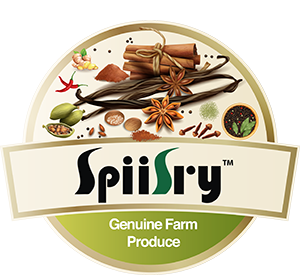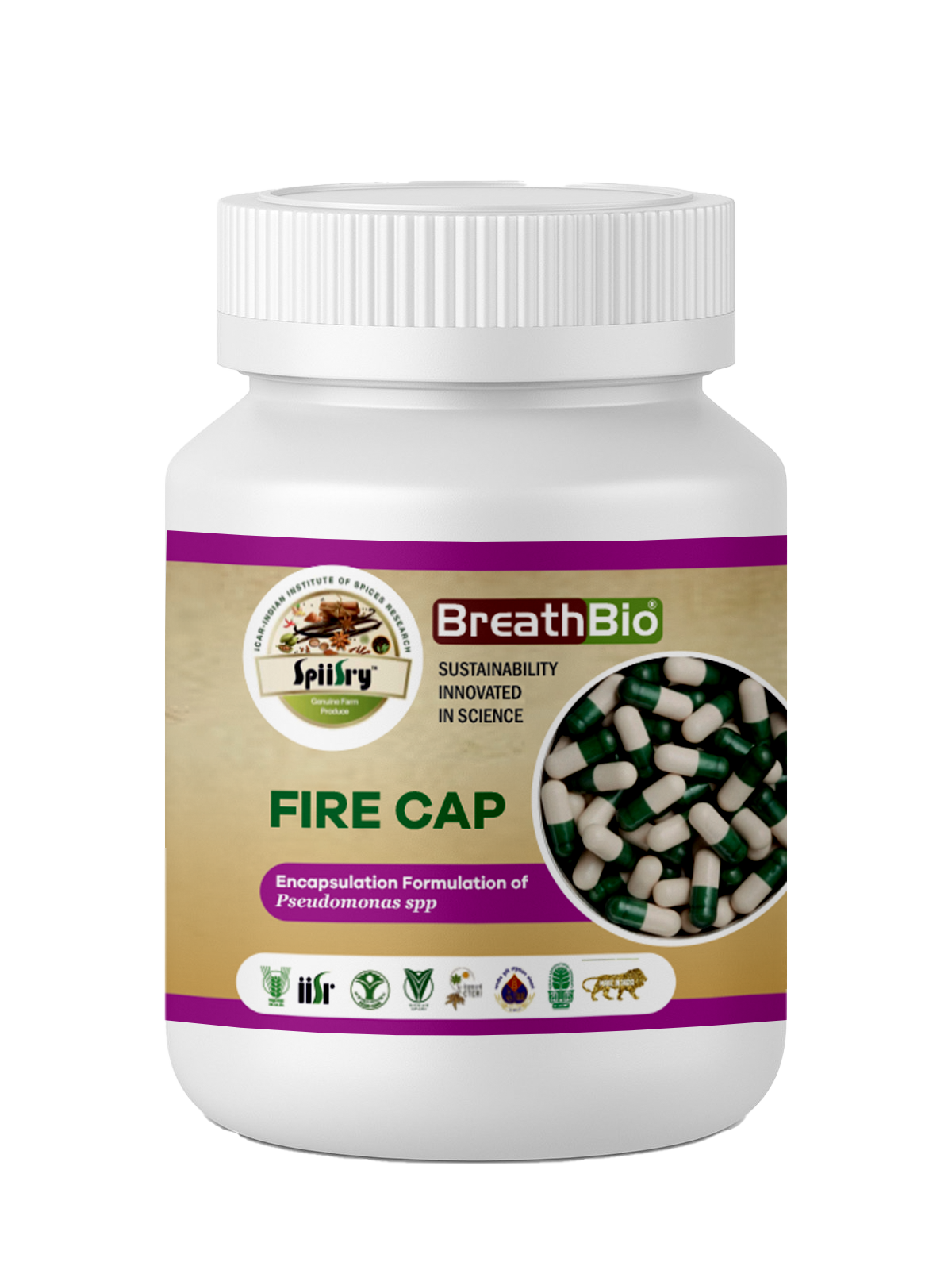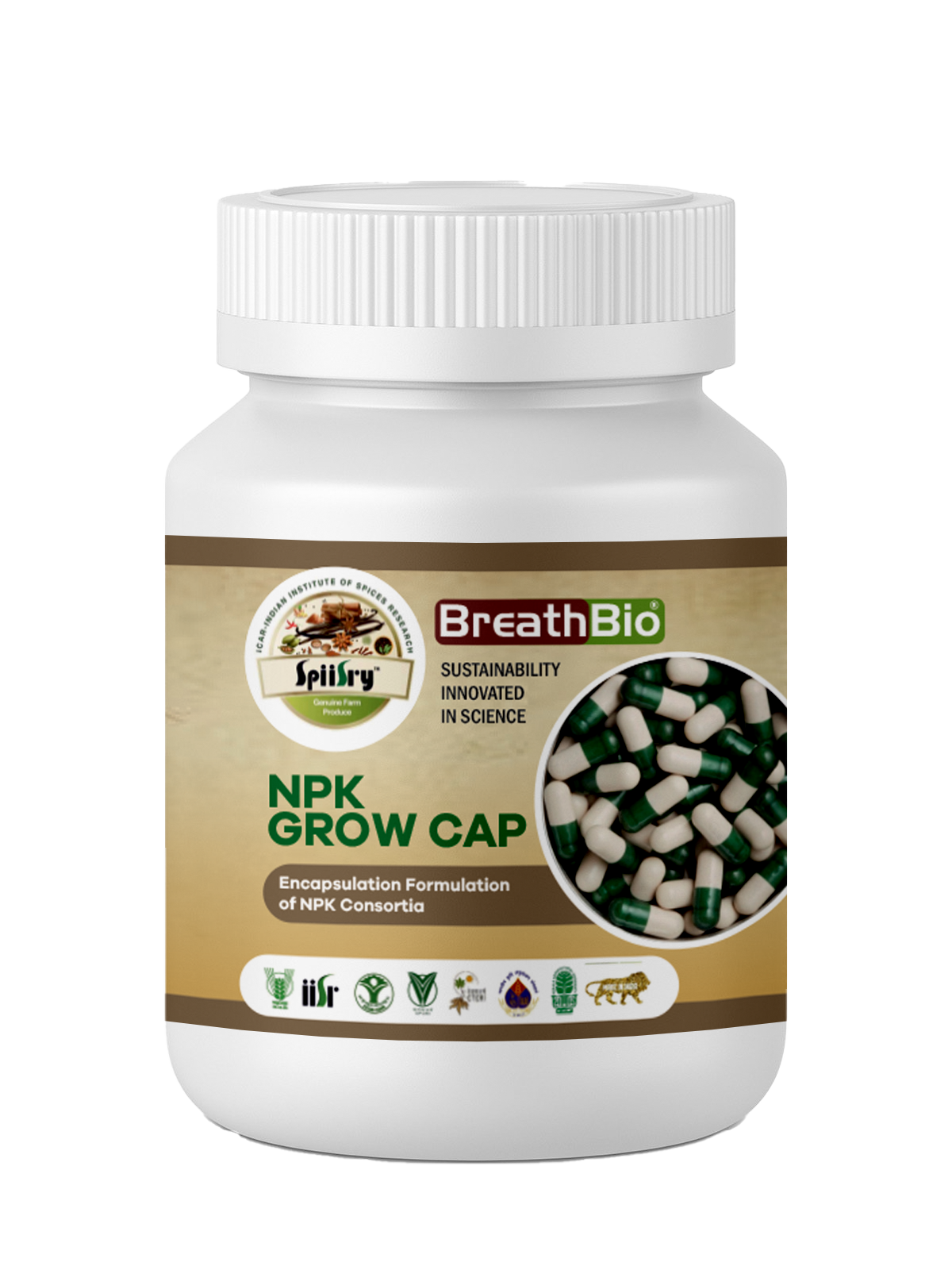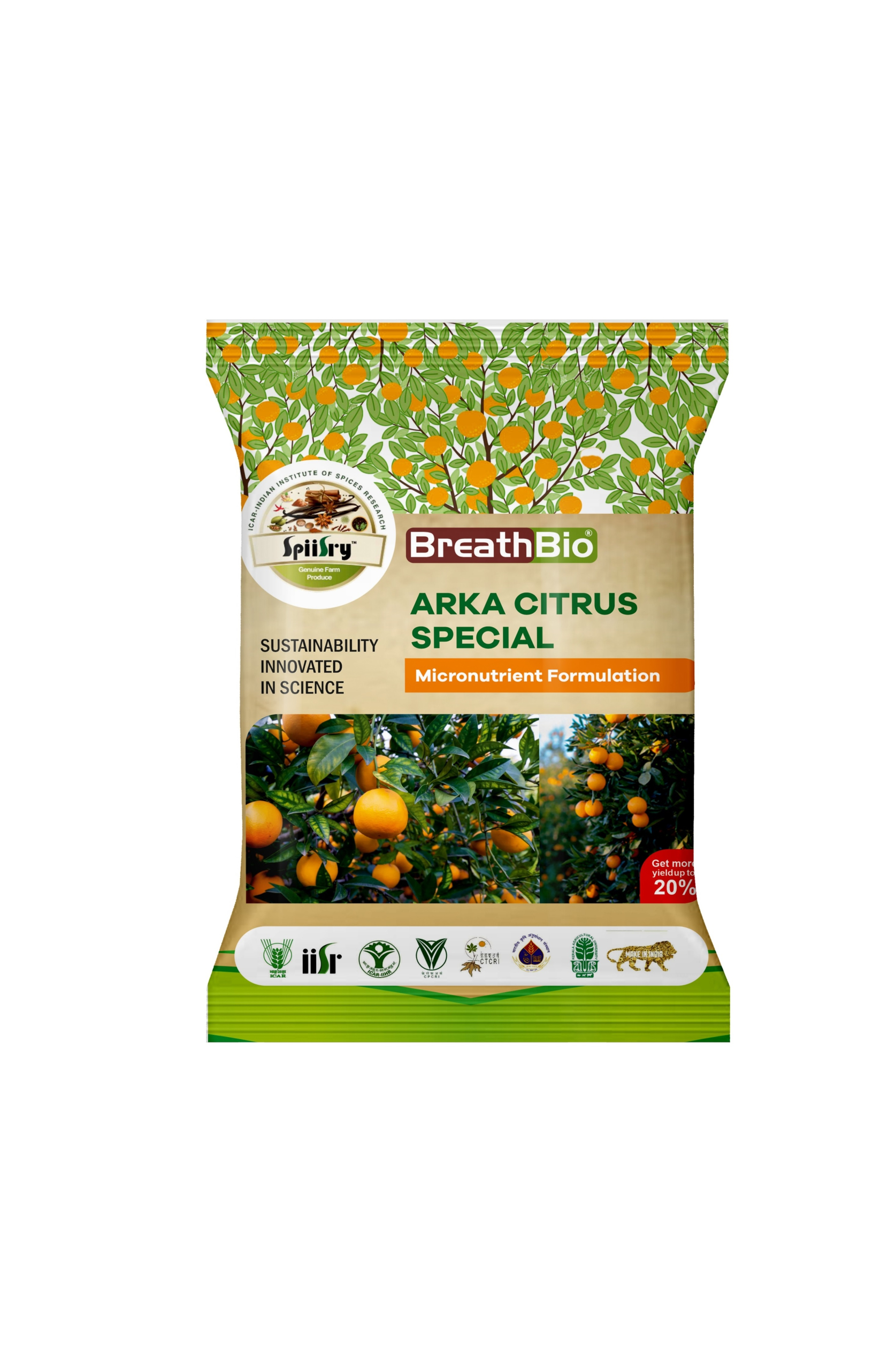Description
Plant growth-promoting Pseudomonads regulate plant growth by several direct and indirect mechanisms; direct mechanisms include producing phytohormones, increasing nutrient availability and indirect mechanisms include suppressing soil-borne plant pathogens by the production of siderophores, antibiotics, inducing systemic resistance and competing with pathogens. Pseudomonas spp. in soil has been reported from diverse ecological niches and has been well-documented as a model organism for regulating plant growth promotion. These bacteria are endowed with tremendous genetic and metabolic diversity and serve multiple ecological functions in the soil ecosystem. This versatile genus is one of the most commercially exploited bacteria in agriculture. The potential of the different species of Pseudomonas has not been realized sufficiently and requires emphasis on sustainable agriculture for the benefit of humankind. ICAR-National Bureau of Agricultural Insect Resources (NBAIR), Bangalore, and ICAR-Indian Institute of Spices Research (IISR) Kozhikode have jointly developed the bio capsule with Pseudomonas spp. strain for the benefit of farmers. NBAIR has identified the bioagent strain and made into capsule form by the IISR-patented encapsulation technology. The bioformulation is developed with an efficient plant growth promoting and abiotic stress tolerant biocontrol agent. The bacterium survived in high temperature (50 ºC), salinity (1.5M NaCl) and drought tolerance (up to -10.28 Mpa). The isolate produced plant growth promoting enzymes like phosphatases, proteases, chitinase, cellulase and ACC deaminase. They produced secondary metabolites like HCN which is involved in pests and disease management. The isolate effectively controls Thrips species under field conditions and also inhibited Sclerotium rolfsii, Rhizoctonia solani and Fusarium oxysporum. They produced proline which stabilized plant growth under stressed condition. Additionally, it also proved its excellent rhizosphere competence by establishing well in soils (log 8.7 cfu/gm). They proved to be an effective plant growth promoter under saline and water limiting conditions. One capsule of Pseudomonas inflorescence weighing one gram has about 100 billion colony forming units (CFU) and a single capsule can be mixed with 100 liters of water and applied to soil. The biocapsule technology helps in smart and precise microbial delivery, has low production cost, is easy to handle and store, has longer shelf life and can be produced and stored at room temperature. Benefits /Utility P. fluorescens is a well-known PGPR. Pseudomonas fluorescens (NBAII PFDWD) is proved to be a plant growth promoter additionally having abiotic stress tolerance. They also produce DAPG which makes it effective against major plant fungal pathogens. The formulations of this isolate can be used in pests and disease management of pulses, rice, legumes and vegetables grown in rain fed and stressed soils. Toxicological data Toxicology data for primary culture and wettable powder formulation of Pseudomonas fluorescens NBAIR PFDWD has been generated as per CIBRC guidelines.
Read an article here:
Where 4000 kg of fertilizer is required, only 4 kg is enough, says actor | Bio-Capsules for Plants






Reviews
There are no reviews yet.